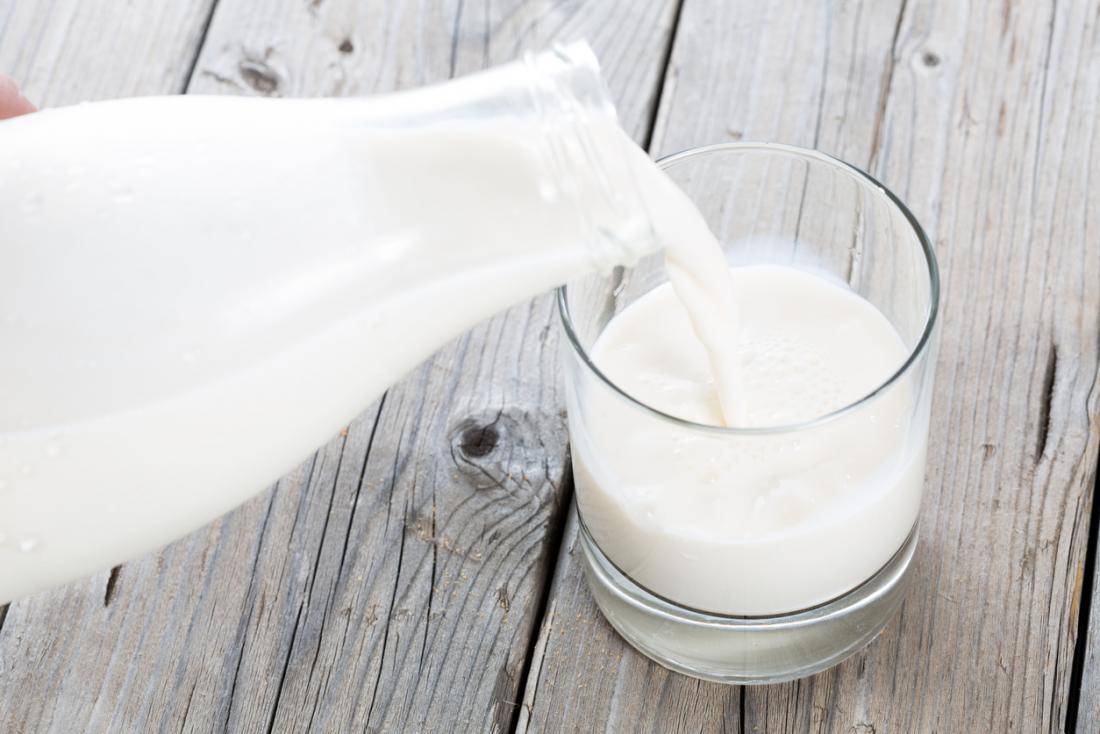While milk is often touted for its numerous health benefits, it’s important to recognize that it may not be suitable for everyone. In recent years, there has been growing concern and debate about the potential disadvantages of milk consumption. From lactose intolerance to concerns about hormones and antibiotics, there are several factors to consider when evaluating the impact of milk on the body.
### 1. Lactose Intolerance:
One of the most widely recognized disadvantages of milk is lactose intolerance. Lactose is the natural sugar found in milk and other dairy products. Lactose intolerance occurs when the body lacks the enzyme lactase, which is needed to break down lactose. This can lead to symptoms such as bloating, gas, diarrhea, and abdominal discomfort after consuming milk or dairy products.
### 2. Digestive Issues:
Even for individuals who are not lactose intolerant, milk can sometimes cause digestive issues. Some people may experience bloating, cramps, or diarrhea after consuming milk due to difficulties digesting lactose or other components of milk.
### 3. Hormones and Antibiotics:
Concerns have been raised about the presence of hormones and antibiotics in milk. Dairy cows are often treated with synthetic hormones to increase milk production, and antibiotics may be used to prevent or treat infections. While regulatory agencies set limits on the use of these substances, some worry about the potential long-term effects of consuming milk containing these additives.
### 4. Allergies:
Milk allergies are relatively common, particularly in children. An allergic reaction to milk occurs when the body's immune system mistakenly identifies milk proteins as harmful invaders. Symptoms can range from mild, such as hives or itching, to severe, including difficulty breathing and anaphylaxis. Individuals with a milk allergy must avoid all forms of milk and dairy products.
### 5. Potential Link to Certain Health Conditions:
While milk is often praised for its calcium content and its role in promoting bone health, some research suggests that excessive milk consumption may actually be associated with certain health conditions. For example, some studies have suggested a possible link between high milk intake and an increased risk of prostate cancer or ovarian cancer. However, more research is needed to fully understand these potential associations.
### 6. Environmental Concerns:
The dairy industry has come under scrutiny for its environmental impact. Dairy farming requires large amounts of water, feed, and land, and it can contribute to deforestation, greenhouse gas emissions, and water pollution. Some argue that reducing milk consumption or opting for plant-based alternatives could help mitigate these environmental concerns.
### 7. Ethical Considerations:
Concerns about animal welfare are another factor to consider when evaluating the disadvantages of milk consumption. Industrial dairy farming practices, such as confinement housing and the separation of calves from their mothers shortly after birth, have raised ethical concerns among animal rights activists and consumers alike.
### 8. High Caloric and Fat Content:
Whole milk is high in calories and saturated fat, which can contribute to weight gain and increase the risk of heart disease if consumed in excess. While low-fat and skim milk options are available, they may not be suitable for everyone, and some argue that they lack the flavor and nutritional benefits of whole milk.
### Conclusion:
While milk has long been regarded as a staple of the Western diet and a source of essential nutrients such as calcium and vitamin D, it’s important to recognize that it may not be suitable for everyone. From lactose intolerance to concerns about hormones and antibiotics, there are several potential disadvantages of milk consumption to consider. Individuals with lactose intolerance or milk allergies may need to avoid milk altogether, while others may choose to limit their intake due to environmental or ethical concerns. Ultimately, the decision to consume milk should be based on individual health needs, preferences, and values.




No comments yet
Be the first to share your thoughts!